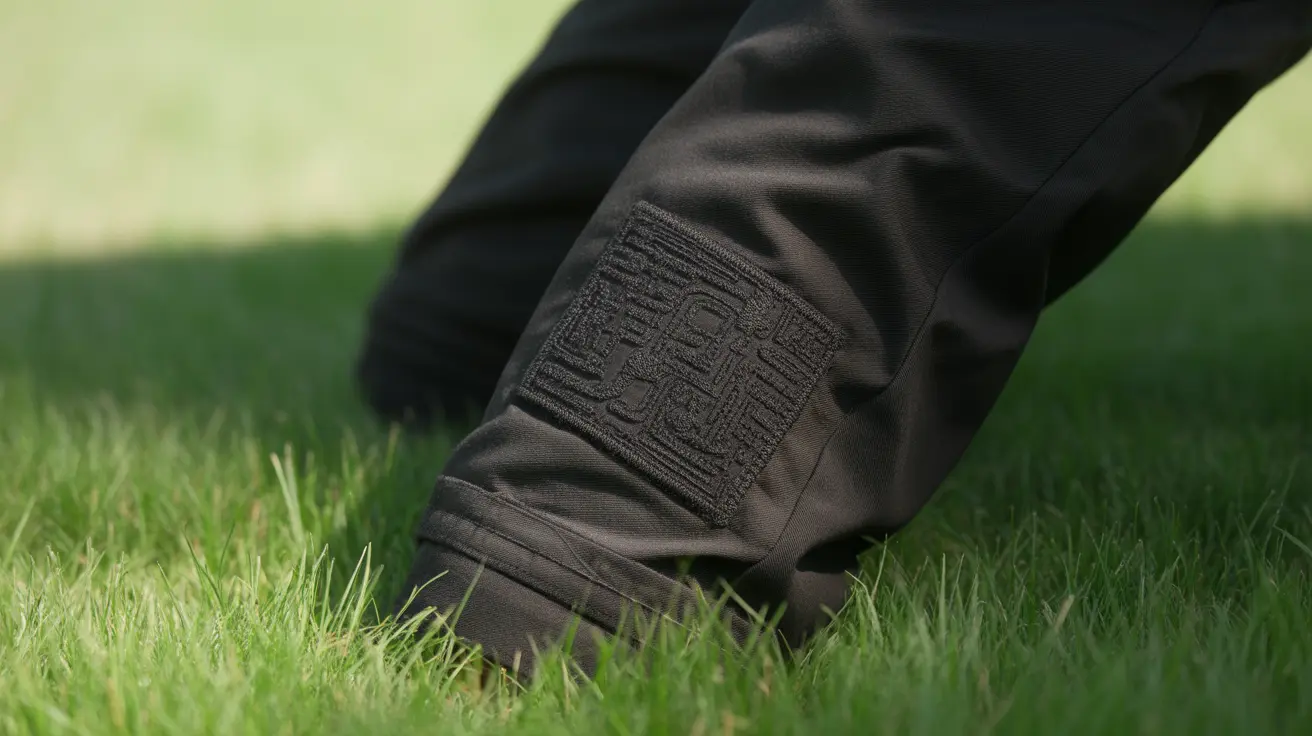Can a Dog Get Too Much Peanut Butter?
Peanut butter is a beloved treat among many dogs, and for good reason. It’s tasty, aromatic, and packed with nutrients that appeal to a dog’s senses and biological needs. However, while peanut butter offers several health benefits when fed properly, it's important for dog owners to understand the risks of excessive consumption and how to manage its inclusion in a balanced diet.
Why Do Dogs Love Peanut Butter?
Peanut butter contains fat, sugar, and salt—a trio of flavors that are attractive to most dogs. But peanut butter’s allure goes deeper than flavor:
- Taste and Aroma: The roasting process of peanuts gives off a rich, meaty aroma, similar to caramelized meat, that is especially compelling to a dog’s sensitive nose.
- Texture: Its creamy consistency makes it enjoyable to lick and chew, keeping dogs occupied and mentally stimulated.
- Owner Association: Dogs often mirror their owners’ preferences. Since peanut butter is a human snack frequently shared with pets, they develop positive associations with it.
Nutritional Benefits of Peanut Butter for Dogs
Used correctly, peanut butter can be a nutritious supplement in your dog’s diet:
- Healthy Fats: Peanut butter includes polyunsaturated fats like omega-6, beneficial for the skin and immune system.
- Protein: An essential nutrient for muscle maintenance, energy, and overall growth.
- Fiber: Helps with digestion and colon health.
- Vitamins: Vitamin E supports muscle and skin health. B vitamins like niacin and biotin promote metabolism and cell function.
- Minerals: Elements like magnesium, manganese, and phosphorus are valuable for bone strength, nerve function, and energy production.
Risks of Feeding Too Much Peanut Butter
Despite its benefits, overfeeding peanut butter can cause more harm than good:
- High Caloric Content: Peanut butter is dense in calories. Overfeeding may lead to weight gain or even obesity.
- Excessive Fat: Too much fat can strain the pancreas and potentially lead to pancreatitis, a painful and dangerous condition.
- Sugar and Salt: Many commercial brands contain added sugar and salt, which aren't suitable for canine consumption.
- Xylitol Risk: Some brands use xylitol, an artificial sweetener that is extremely toxic to dogs. Just a small amount can lead to hypoglycemia and liver failure.
How Much Peanut Butter is Safe?
Moderation is the key. Depending on your dog’s size and health, peanut butter should comprise less than 10% of their daily caloric intake:
- Small Dogs: A pea-sized amount or less per day.
- Medium Dogs: Up to half a teaspoon daily.
- Large Dogs: Generally, no more than one teaspoon per day.
Ensure the peanut butter is organic, contains no xylitol or added sugar, and is free from artificial preservatives.
Using Peanut Butter Wisely
Peanut butter can be used strategically in your pet’s daily routine:
- Training: Works well as a high-reward treat.
- Medications: Helps mask the taste of pills and tablets.
- Toy Stuffing: Use it inside toys like Kong for prolonged engagement.
Signs of Overconsumption
If your dog has consumed too much peanut butter, they may exhibit the following symptoms:
- Vomiting or diarrhea
- Lethargy and lack of appetite
- Weight gain
- Signs of pancreatitis (abdominal pain, bloating)
If you suspect your dog has ingested too much, especially if the peanut butter contains xylitol, contact your veterinarian immediately.
Conclusion
Peanut butter can be a healthy and enjoyable treat for dogs when given in moderation. It's high in protein, fiber, and beneficial fats and can serve as an effective training or enrichment tool. However, excessive consumption can lead to obesity, pancreatitis, or toxic reactions if it contains harmful additives like xylitol. Always read the label and offer only dog-safe peanut butter in proper quantities. Responsible introduction and monitoring can ensure your furry companion safely enjoys this canine favorite.





